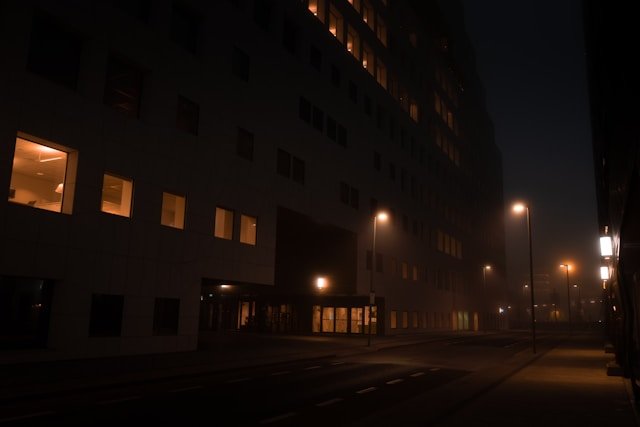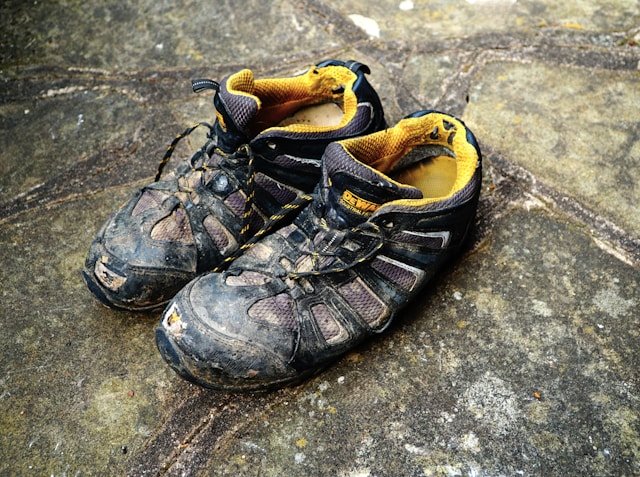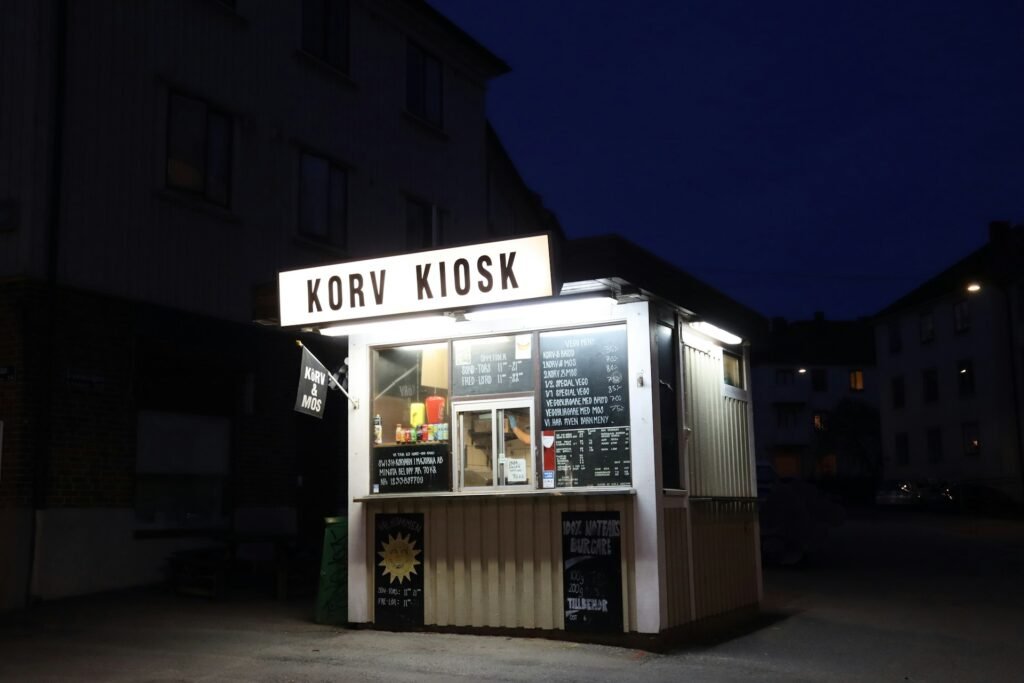A short story –
Camille Vierre didn’t walk into rooms—she conquered them.
She was a self-made tycoon at 35, with blood red lipstick, heels like daggers, and a heart lined with platinum.
To her, kindness was weakness. Patience was for the poor. She didn’t smile—she approved.
Waiters? Nameless.
Drivers? Invisible.
Janitors? Ghosts.
Assistants? Disposable.
She had once fired a secretary for saying “good morning” too brightly.
She scoffed at charity. Laughed at “gratitude.” And openly said:
“If money can’t buy it, it’s not worth having.”
People feared her.
She liked that. It kept them quiet.
…
Camille was being driven to an exclusive gala—some political fundraiser she’d attend out of image, not interest.
She drove a $1,000,000 black sedan back home through the pitch black night.
The rain had started like a whisper, soft and apologetic. But it grew quickly.
Fat drops slapped the windshield like coins hitting pavement.
She muttered something about the slippery roads.
“It’s just a normal day” she said.
She didn’t notice the sharp curve.
Didn’t notice the deer jump to the middle of the road.
Just the screech.
The crash.
And silence.
She awoke upside down.
The car was a crumpled shell. Rain poured through shattered windows. Her leg throbbed, bent at an unnatural angle beneath the console.
She reached for her phone. Gone.
Tried the door. Jammed.
Outside, the storm howled. Wind slapped leaves across the road like knives. The forest was a blur of black limbs and wet shadows.
For the first time in years, she felt fear.
Not the fear of losing a deal.
Not the fear of bad press.
But the ancient, primal fear of being alone and powerless.
She screamed until her voice cracked.
No one came.
…
Hours passed. Or minutes. Time unraveled.
Then: a light. A bobbing lantern. A voice.
“You alright, miss?” said the figure—an older woman in a torn raincoat, boots caked in mud.
Camille blinked. “Who the hell are you?”
“Name’s Rosa. Heard the crash. You’re lucky I live close.”
“I need a phone,” Camille snapped. “Call an ambulance.”
Rosa shook her head. “Storm knocked out the tower. But I can help you walk—if you let me.”
Camille laughed bitterly. “I’ll pay you whatever you want. Just get me out of here.”
Rosa’s expression didn’t change.
“I’m not here for your money.”
With gentle hands, Rosa wrapped Camille’s leg in a scarf and hoisted her onto a makeshift crutch.
They walked through the dark woods together. Camille hissed and cursed with each step. Rosa said nothing—only steadied her.
…
Rosa’s cottage was nothing like the steel-and-glass fortress Camille called home. The ceiling creaked when the wind blew. The floor was uneven, worn smooth by time. The fireplace hissed and sputtered, sending warmth that smelled of pine and ash into the room.
Camille limped across the threshold with a grimace.
The couch she collapsed onto sagged beneath her, but not unkindly. A thick woolen blanket, hand-stitched in reds and browns, was laid gently over her shoulders. It smelled of sun and old lavender.
She looked around. No polished chrome. No leather. No art worth millions. Just framed pictures—faded but lovingly dusted—of people smiling with their whole faces. Children holding pets. A woman laughing mid-blink.
She hadn’t seen real joy like that in a long time.
On the kitchen table sat a chipped bowl of apples. A single candlestick flickered nearby. There were cracks in the plaster. A leak above the sink. A calendar with every square neatly filled in with handwritten notes like “Luca’s medicine refill” and “Check on neighbor Ruth.”
No servants. No assistants.
Just doing.
Then, from the other room, she heard music. A scratchy old record player playing some long-forgotten jazz tune.
It was Rosa. Braiding her adult son Luca’s hair by the fireplace. He was humming too, swaying slightly. Camille hadn’t even realized he had a disability until now. His hands trembled when he passed Rosa a cup, but she took it like it was a precious gem.
“Every knot’s a prayer,” Rosa said, braiding. “A promise I make while his day begins.”
Camille blinked.
She watched Rosa cut pieces of stale bread, toast them over the fire, rub them with garlic, drizzle them with a drop of oil, and offer them like hors d’oeuvres. She handed one to Camille with cracked, steady fingers.
Camille took a bite, expecting blandness.
It was… warm. Simple. But honest.
Then Rosa whispered to Luca, “You remember this lady. She needed help. We always help.”
Always.
No matter who they were.
No matter how they treated you.
Camille swallowed hard.
Her eyes wandered to the dusty shelf by the wall. There, she saw something that stopped her breath:
A photo of Rosa mopping a lobby. Her lobby. The HQ of Vierre International.
And next to it, a crayon drawing—Rosa and Luca standing beside a tall glass building. A golden sun over their heads. A stick-figure woman in red heels drawn beside them, labeled in shaky letters:
“Camill – boss lady.”
Camille stared.
“I fired you,” she said aloud, voice cracking. “You used to work for me.”
Rosa looked over, nodded once. “You did. I still remember what you wore that day.”
“You weren’t angry?” Camille said.
Rosa just smiled sadly. “I was sad. But I forgave you. People who are hurting often forget how to be kind.”
Camille turned her face toward the fire, eyes stinging.
For the first time in her life, she didn’t feel powerful. Or important.
She felt… seen. And she didn’t know whether to cry or run.
That night, she didn’t sleep. Not because of the pain in her leg, but because of the ache in her soul—the ache of a life lived behind armor.
And the haunting thought that she had been rich in all the wrong ways.
…
The next morning, rescue teams came. Cameras flashed. Headlines hailed Camille’s survival.
They called it a miracle.
She gave them her best face—poised, proud, untouched.
But in the back of the ambulance, she turned to Rosa and whispered something she’d never said before:
“I’m sorry… for how I see people like you.”
Rosa only smiled. “Sometimes it takes a fall to teach us how to look up.”
…
One year later
Camille Vierre is still wealthy. Still sharp.
But now, she walks slower.
She says thank you. Looks janitors in the eye. Keeps a handwritten note from Rosa in her wallet like a compass.
She funds emergency shelters. Promotes from within. Hires people who listen, not just those who speak well.
She visits Rosa’s cottage sometimes, never with cameras. Just bread, books, and stories.
She still wears lipstick. Still closes deals.
But when storms come, she stands at the window and whispers,
“That was the night the rain spoke louder than I ever had.”
…
More Stories:
The Tears Behind The Walls
A Short Story – The smell of disinfectant still clung to Dr. Arga’s hands. His…
The Secret Behind a Mother’s Pain That Every Child Should Know
A Short Story – The sound of scraping soles followed them down the narrow street….
Perfect Timing, Mom
A Short Story – Brian, a student known for being shy and not very good…
Strangers in The Night That Change The Life
A Short Story – Adam sat alone beside a small kebab stand on the side…
Some Things Take Time to Bloom
A Short Story – The soft morning sunlight shone gently on the first day of…
One Last Ride – The Price of Speed
A short story – The motorcycle engine roared like an angry beast chasing its prey….





